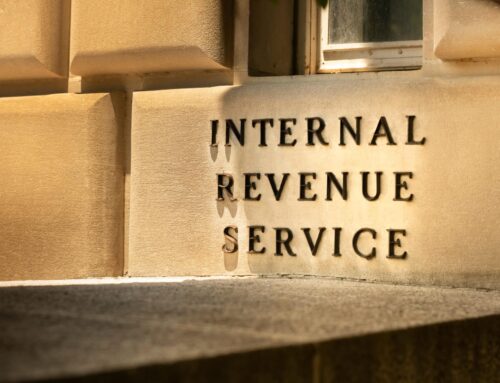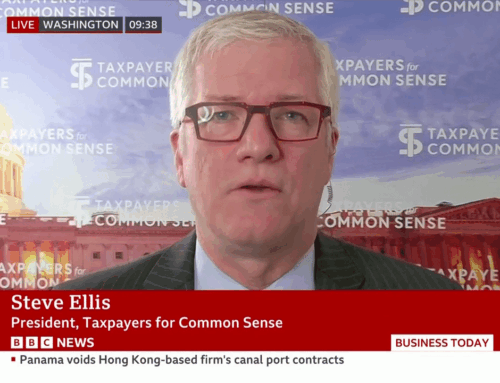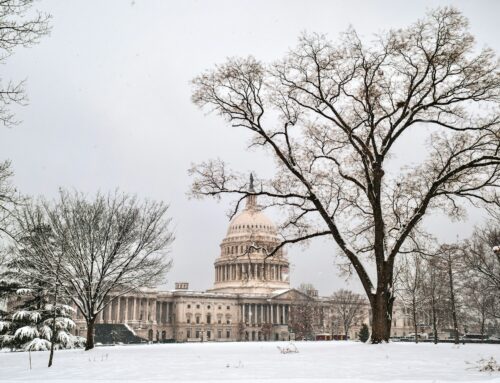Abraham Lincoln would turn over in his grave if he could witness the new attacks on a fraud prevention law he helped enact during the Civil War. Legislation introduced last month would gut Lincoln’s False Claims Act (FCA) and open loopholes for Medicare overcharges and other taxpayer rip-offs. H.R. 3523, pushed by the hospital industry and introduced by Representative Bill McCollum (R-FL), would curtail the ability of whistleblowers and government investigators to expose fraudulent Medicare payments, which cost taxpayers billions every year.
Over the past ten years, the False Claims Act, which provides incentives for combating everything from overpayments to faulty products, has been directly responsible for returning over $4 billion to the U.S. Treasury. Yet despite these gains, abuse remains rampant. The Department of Health and Human Services reported that in 1996 Medicare service providers received $23 billion in “improper payments.” That means that 14 percent of the $168 billion in total Medicare repayments were unjustified.
Through a series of ambiguous and loosely worded provisions, H.R. 3523 would make Medicare even more of a fraud cash cow by creating large loopholes and increasing the evidence threshold to impractical levels. The bill would dismiss up to 10 percent of fraudulent billing, no matter how egregious. Further, fraud would be permitted if providers establish certain billing procedures, even if at the same time they are cheating Medicare at massive rates.
Healthcare lobbyists argue that their clients have been unfairly subjected to threatened action under the FCA. To address these types of concerns, Health and Human Services Secretary Donna Shalala and Attorney General Janet Reno have expressed a willingness to explore changes in regulatory and enforcement policies. Despite industry claims to the contrary, honest billing errors and simple mistakes are not grounds for action under the FCA, according to the Defense Department Inspector General. Moreover, the nation’s two largest hospital chains, Columbia HCA Healthcare and Tenet Healthcare Corp., have been defendants in Medicare fraud actions brought under the False Claims Act.
Defense industry lobbyist are also currently pushing for introduction of separate legislation to minimize use of the FCA to recover fraud losses in defense programs. Defense contractors were paid $20 billion in “problem disbursements” representing 18 percent of the $110 billion total paid to the industry in 1995 according to the U.S. General Accounting Office.
The False Claims Act was enacted in 1863 at the urging of President Lincoln, whose Union army was being routed by rebels despite the rebels’ inferior size and materials. This disturbing situation was partially attributed to war profiteers who were defrauding the Union by, for example, selling the army crates filled with sawdust instead of muskets. The law was later strengthened and modernized in 1986 under President Reagan.









